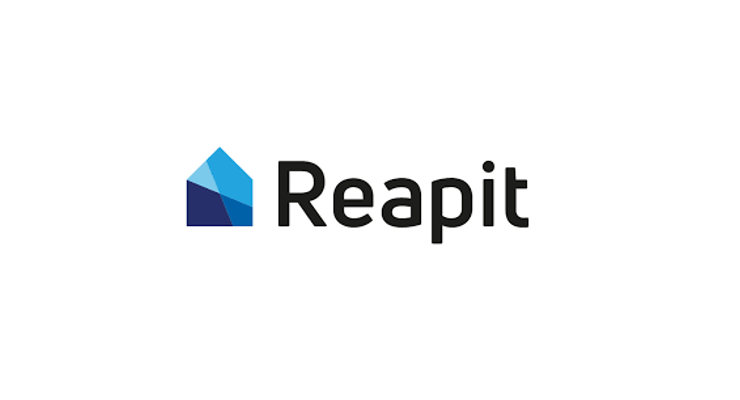How to Use Digital Security Tools in Real Estate
Like other industries, the real estate sector is prone to cybersecurity challenges. While the digital sphere and the transition to remote services have been overall a huge benefit to clients, there’s a downside too. Over the past few years, the real estate industry has experienced various cyberattacks, as many real estate-related companies have become targets for criminals.
So how to be vigilant and prevent the unwanted consequences that hackers can bring? Keep reading the article to learn about the vital security tools for the real estate sector.
Why are Real Estate Firms the Perfect Targets for Criminals?
Today’s real estate buyers search for properties by browsing online. New trends, for example, digital property tours, help clients look at multiple houses while drinking coffee at home. While the convenience factor is great, the level of digitization is creating new cybersecurity risks. Despite that, it’s not stopping real estate companies from keeping up with technology, especially if they want to stay in the competition.
Today’s cybercriminals are getting wiser and smarter with their scamming techniques, putting investors, property buyers, and overall real estate professionals in danger. Since real estate agencies deal with large sums of money daily, they’re being heavily targeted by hackers. Consequently, cyberattacks against such businesses increased, exposing unsecured organizations that suffered major data leaks. It’s risky to think that you will never become a victim.
How do Criminals Succeed with their Attacks?
Hackers use different tools and tactics to successfully attack real estate players. For instance, cybercriminals can launch a business email compromise (BEC) attack. According to the FBI, it’s one of the most financially damaging online crimes right now due to its impact on personal and professional email data.
BEC happens when the criminal poses as another business to trick a different legitimate organization into wiring funds to the criminal’s bank account. Typically, the scammer sends an email from an illegitimate email account that looks like the real deal. The email is designed to make a legitimate request, including:
• A CEO asks an employer to purchase gift cards for Christmas. They are then required to ask for the serial numbers to email them as soon as possible.
• A home buyer is sent a message from their real estate agent with detailed information on how to transfer their down payment.
It’s safe to say that all BEC attacks result in thousands in damages since the victims unknowingly send funds to the criminals. Other popular cyberattacks in real estate include compromised business landing pages, cloud-based attacks, malicious attachments, or ransomware.
What Kind of Digital Tools Will Create a Good Security Strategy?
There are plenty of digital tools in the market that will help you enhance your security strategy. Despite that, it’s vital to make a proper risk assessment and identify the main security gaps that might negatively impact your real estate firm. That’s why having proper antivirus software is the number one step that ensures security when it comes to your staff and clients.
Aside from digital services, it’s important to train your employees so they can be aware of phishing attacks and other types of malware. In other words, everyone who’s involved in your business and is tied to financial information, including high-risk transactions, needs to maintain strict cybersecurity hygiene. If you want to add an extra layer of security, it’s important to screen and monitor your business partners and ensure they aren’t involved in illicit activities, such as money laundering.
For example, Business verification services help you receive a detailed report about any company out there. Using this digital tool saves you time, as sometimes it’s hard to manually review potential partners and threats, especially with all the paperwork and security requirements. Thankfully, we now have the technology and AI-powered software that runs such research and detects fraudulent patterns automatically.
Final Thoughts
Real estate firms must protect their data and funds by implementing digital security tools. Despite that, it’s important to stress that a single security measure won’t complete the total cybersecurity system. That’s why organizations need to invest in employee training and be extra vigilant when making transactions or welcoming new partners. Luckily, it’s easier to find online training programs like Lumify Learn’s courses on IT and cybersecurity nowadays.









